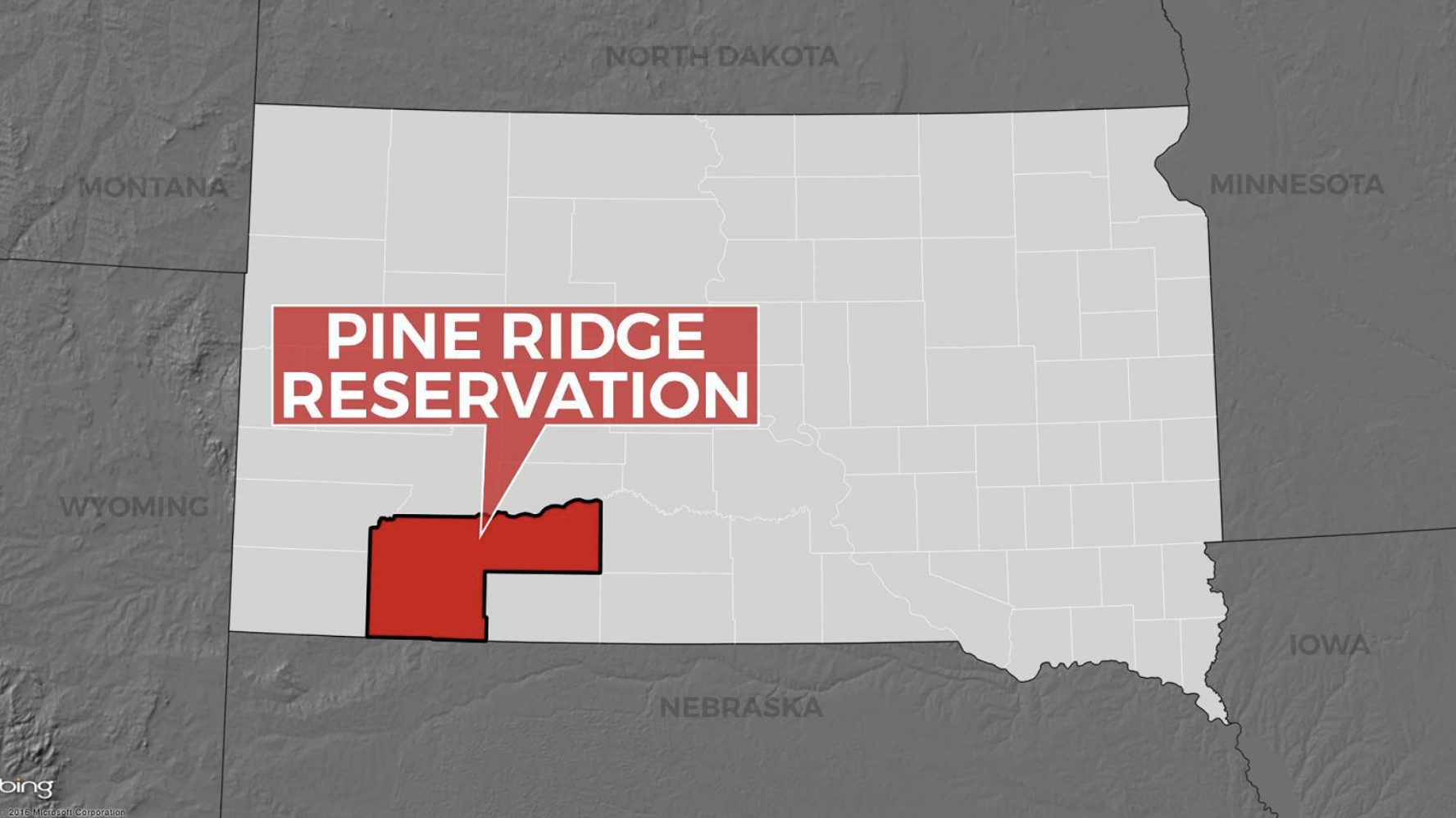
- Details
- By Darren Thompson
On the early morning hours of January 5, a triple homicide occurred in Wounded Knee on the Pine Ridge Indian Reservation in South Dakota. On January 10, the Federal Bureau of Investigation (FBI) and the Oglala Sioux Tribe’s Department of Public Safety released the names of three deceased victims who were shot and killed inside a home on the reservation.
The bodies of Alma Garneaux, 38, Jamie Graham, also 38, and Michael White Plume Sr., 39, were found shot to death inside a home located at 554 BIA 28, Wounded Knee, according to a statement from the FBI.
“My heart is broken for the families of the three victims,” said South Dakota State Senator Red Dawn Foster to Native News Online. “This level of violence is not reflective of our community or our people. As the community begins to heal from his senseless act of violence, continue to pray for the families.” Foster represents District 27 from the Pine Ridge Indian Reservation and is Oglala Lakota and Diné.
FBI agents from the Rapid City Resident Agency, working alongside the Oglala Sioux Department of Public Safety, developed significant leads on a person of interest believed to be responsible for the killings. The suspect’s identity has not been released to the public, and is currently being held on unrelated charges. According to a statement by the FBI, formal charges related to the homicides are pending.
While circumstances surrounding the homicides are still under investigation, law enforcement said there is no continued danger to the public surrounding this investigation.
This is a developing story. Check back for updates.
More Stories Like This
Native News Weekly (August 25, 2024): D.C. BriefsDeb Haaland Rolls Out Affordability Agenda in Albuquerque
Boys & Girls Clubs and BIE MOU Signing at National Days of Advocacy
National Congress of American Indians Mourns the Passing of Former Executive Director JoAnn K. Chase
Navajo Nation Mourns the Passing of Former Vice President Rex Lee Jim
Help us defend tribal sovereignty.
At Native News Online, our mission is rooted in telling the stories that strengthen sovereignty and uplift Indigenous voices — not just at year’s end, but every single day.
Because of your generosity last year, we were able to keep our reporters on the ground in tribal communities, at national gatherings and in the halls of Congress — covering the issues that matter most to Indian Country: sovereignty, culture, education, health and economic opportunity.
That support sustained us through a tough year in 2025. Now, as we look to the year ahead, we need your help right now to ensure warrior journalism remains strong — reporting that defends tribal sovereignty, amplifies Native truth, and holds power accountable.
 The stakes couldn't be higher. Your support keeps Native voices heard, Native stories told and Native sovereignty defended.
The stakes couldn't be higher. Your support keeps Native voices heard, Native stories told and Native sovereignty defended.
Stand with Warrior Journalism today.
Levi Rickert (Potawatomi), Editor & Publisher
